It's not possible to prevent your carrier tracking you, not if you want your iPhone to work. But you may be able to limit what the company does with that data.
The entire purpose of cell or mobile phones is that you can be reached wherever you are. That means your carrier has to be able to make your phone ring regardless of where you happen to be, so therefore the carrier has to be able to track where you are in the world at any given moment.
Then the reason it's called a cell phone is that the way the system works is through very many small regions, or cells, which are serviced by a transmitter. So maybe a carrier can't spot when you've, say, turned left on Fifth Avenue, but it will know when you cross 55th street.
More, all carriers track how much data you're using because you're paying them for it. To an extent, they have to know what that data is, too, because you might be on a deal that gets you, say, video streaming, for free.
A new report by Inc. magazine claims that all of this is an invasion of privacy because Verizon, for one example, did not ask permission to track.
It's really implicit in the act of using the device, unless you go Wi-Fi only and use FaceTime calls.
Nonetheless, it is true that this is one element of tracking that Apple's privacy moves cannot govern. And it's also true that carriers can, and do, sell tracking data.
What you can do is disallow what information, derived from tracking your position and data usage, is sold on.
Whichever carrier you use, you'll either be able to set this up through its iOS app, or by logging in to your account on the company's website. Depending on the carrier, you may get the option for both, but regardless of which carrier is involved, none of them are going to rush to show you the privacy options.
Nonetheless, they are there, and you can specify that you don't, for instance, agree to something like "Business and Marketing Insights" being derived from your usage and sold to advertisers.
 William Gallagher
William Gallagher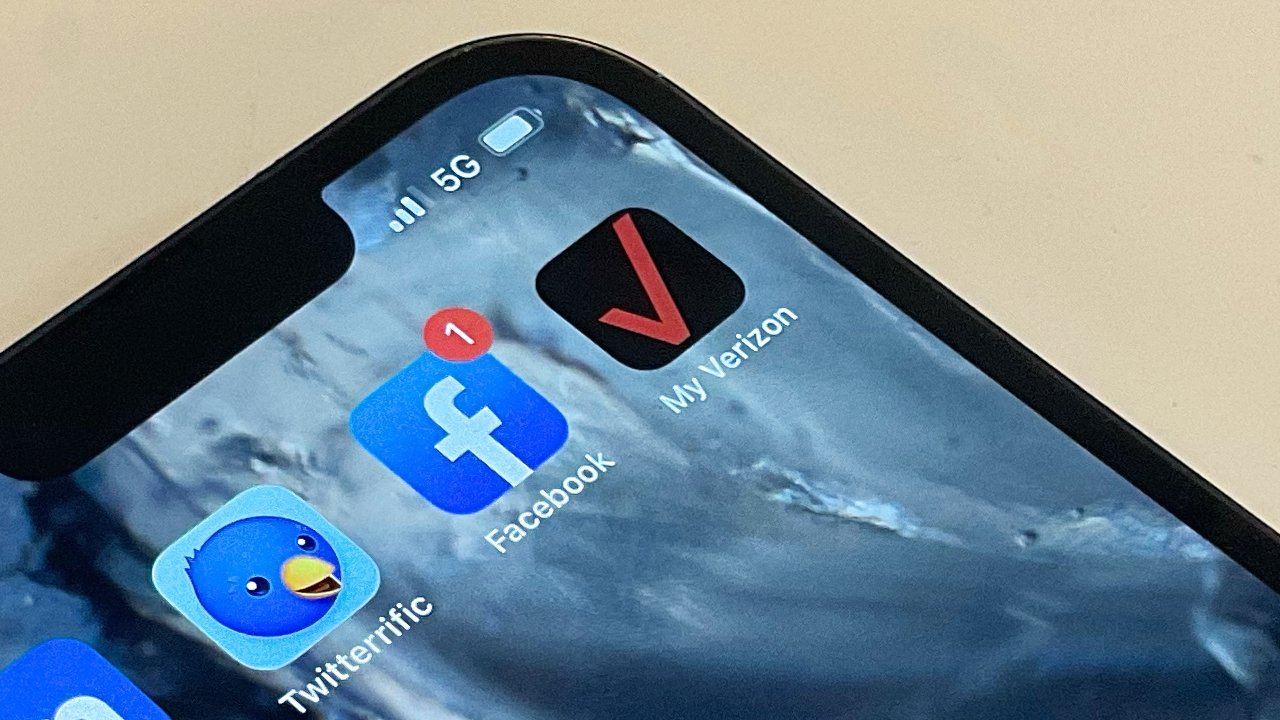

-m.jpg)






 Malcolm Owen
Malcolm Owen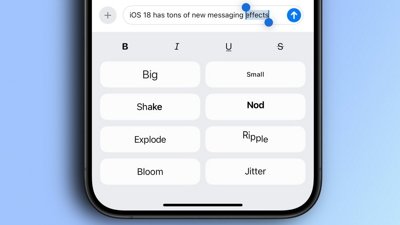
 Oliver Haslam
Oliver Haslam
 Amber Neely
Amber Neely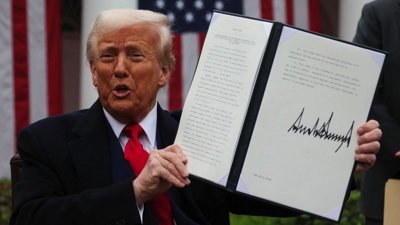
 Marko Zivkovic and Mike Wuerthele
Marko Zivkovic and Mike Wuerthele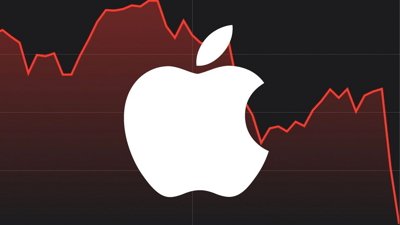
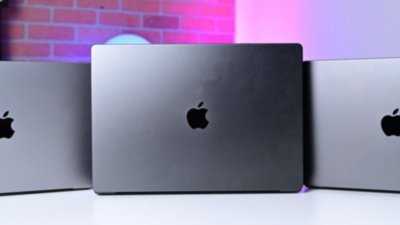
 Andrew Orr
Andrew Orr


-m.jpg)
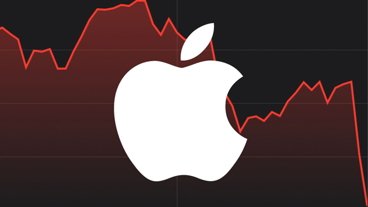







8 Comments
I believe the tracking of any sort should be regulated by the government authority. This day and age we’re being tracked more than ever for good reason and bad but at least we public should be notified if done so for whatever reason it may be. We need more transparency.
Instead of just telling the readers that they can opt-out of having their data sold off, it would be extremely helpful if you described how they actually do it. A generic “it’s in the settings” explanation is not really very helpful to those who may not be tech savvy.
The only reason I installed the Verizon app on my phone was to gain access to the privacy and marketing settings on all of my lines. Of course I disabled everything that was presented as a user option to disable. I suspect there are still plenty of ways the carrier can still skim data that’s not directly related or relevant to the fundamental connectivity services they provide, but they chose not to expose as user controllable options.
Yeah, I know there are some identifiable data bits that are needed for the cellular technology to work, just like there are on every communication network or bus including Ethernet and Bluetooth, but I want to limit the availability of data that’s being collected for anything other than what’s essential to keep the connection working. This is true for every single app and service provider that has access to user or device identifiable data and information on any device you use for personal use, including Apple. At least Apple usually asks for permission, which some vendors do not, but even with Apple they may ask you in somewhat of a drive-by fashion, like when installing an update to a beta version of the operating system. Sometimes these drive-by requests by vendors get granted because the default answer is “yes” and you just want to keep the process moving along and hit the “continue” button. You have to be on guard at all times.